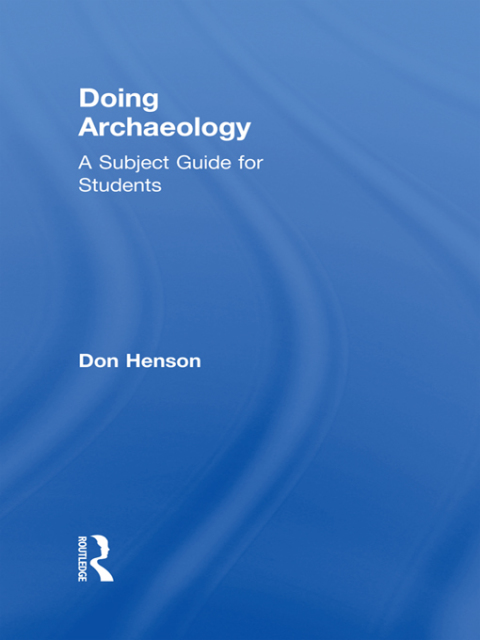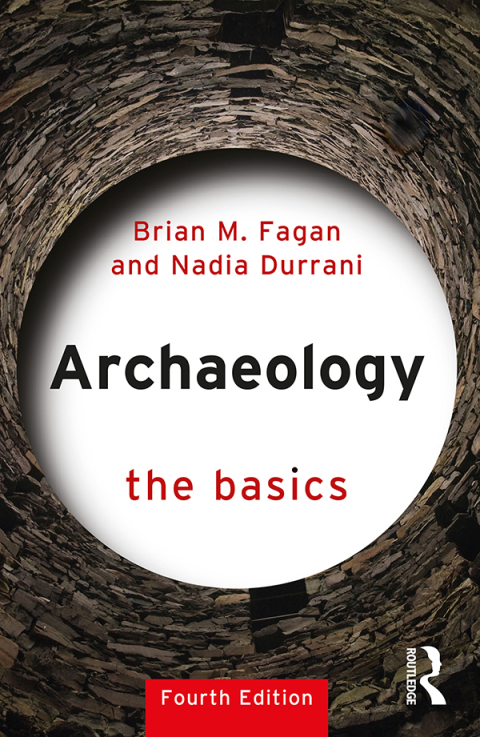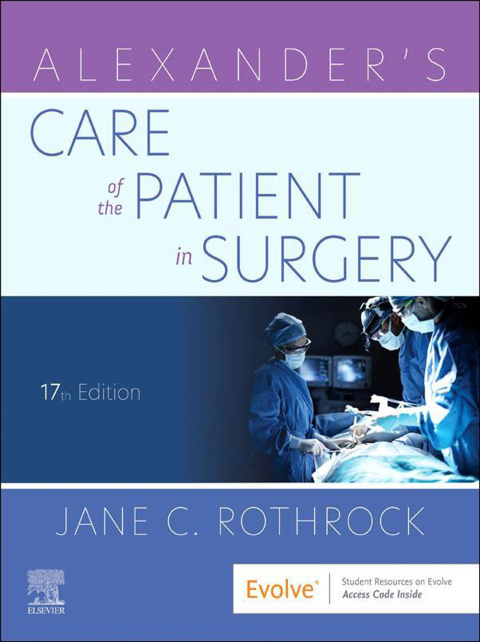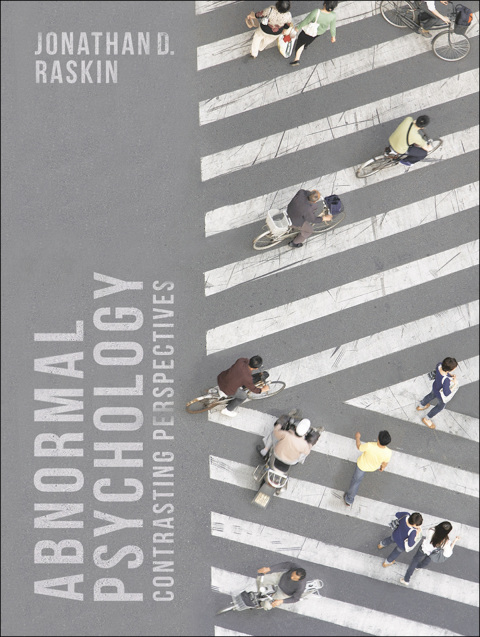Description
Efnisyfirlit
- Cover Page
- Half Title page
- Title Page
- Copyright Page
- Contents
- List of figures
- Acknowledgements
- Introduction
- Part I An overview of archaeology
- 1 What is archaeology?
- Basic definitions
- A few words about terminology
- Archaeology’s friends and neighbours
- Different archaeologies
- What archaeology is, and is not
- Why archaeology matters
- 2 How did archaeology begin?
- Ancient interest in the past
- The medieval interlude
- Renaissance rebirth
- Archaeology established
- Archaeology matures
- Modern archaeology
- 3 Understanding time
- The properties of time
- Changes in material culture
- Explaining change
- Culture history
- Cultural evolution
- Marxism
- Other approaches
- Conclusion
- 4 Understanding place
- Spatial scales
- Understanding past environments
- Environmental archaeology
- Culture contact
- Settlements in the landscape
- Understanding single sites
- On-site patterning
- Personal and family spaces
- Conclusion
- 5 Understanding people
- Who are people?
- New Archaeology
- Marxism again
- Ethnography in prehistory
- Culture and ethnicity
- Gender and identity
- Agency and the individual
- Thinking ourselves into the past
- Conclusion
- 6 Where archaeologists work
- National organisations
- Archaeological field units and trusts
- Local authorities
- Museums
- Universities and colleges
- Other employment
- Local societies and independents
- Metal-detecting clubs
- Community projects
- Who are archaeologists?
- 7 Which pasts do we study?
- Palaeoanthropology
- Prehistory
- Ancient and classical archaeology
- Medieval archaeology
- Archaeology of the modern era
- Part II Archaeology in its wider context
- 8 World archaeology
- International agreements
- The Hague Convention 1954
- The New Delhi recommendations 1956
- The Cultural Property Convention 1970
- The World Heritage Convention 1972
- The Underwater Heritage Convention 2001
- The Athens Charter 1931, and the Venice Charter 1964
- The Lausanne Charter 1990
- The Ename Charter 2008
- The Convention on Stolen or Illegally Exported Cultural Objects 1995
- The London Convention 1969, and the Valletta Convention 1992
- A convention on architecture (Granada) 1985
- The Faro Convention 1995
- Anti-colonial reactions in archaeology
- International archaeology
- British archaeologists abroad
- What makes British archaeology different?
- Academic archaeology
- Role of the state
- Who can do archaeology?
- Culture history
- Dislike of theory
- Nationalism
- Hierarchy
- 9 Archaeology’s value
- Statements of value
- Why people like the past
- The past as physical object
- The role of archaeologists
- The only way is ethics
- 10 Archaeology as part of heritage
- Heritage processes
- Archaeologists as gatekeepers
- The hierarchy of heritage
- 11 Some key debates in archaeology
- Debates within archaeology
- Britain in the Roman Empire
- Anglo-Saxon conquest and migration
- Viking raiders and settlers in Britain
- The Indo-European problem
- Mousterian mystery
- The first human settlers
- The great divide in archaeological theory
- Stop Taking Our Past (STOP)!
- Debates between archaeologists and others
- The effects of nationalism on archaeology
- Looting of underwater wrecks
- Repatriation of archaeological finds
- Treatment of human remains
- Pseudo-archaeology
- 12 Activist archaeology
- Politics and archaeology
- Utilitarian activism
- Democratic activism
- Dogmatic activism
- Methodological activism
- Conclusion
- Part III Do it, study it, enjoy it
- 13 How to do archaeology
- Finding sites
- Recovering and recording evidence
- Analysis
- Dating
- Interpretation (1)
- Storing finds
- Caring for and protecting remains
- Interpretation (2)
- Teaching
- Public engagement
- Publication
- 14 Studying archaeology
- A-level Archaeology
- Unit 1: the archaeology of religion and ritual
- Unit 2: archaeological skills and methods
- Unit 3: world archaeology
- Unit 4: an archaeological investigation
- Archaeology at university
- Other ways to study
- Archaeology on TV
- Other sources of information about archaeology
- Archaeological societies
- 15 Archaeology is fun
- Doing a degree
- Doing research
- Working in archaeology
- Teaching
- Fieldwork
- The surreal, the weird and the frightening
- The rewards
- Conclusion
- Resources
- Key organisations
- AQA
- Archaeology Scotland
- Council for British Archaeology
- Institute for Archaeologists
- Young Archaeologists’ Club
- Organisations outside the United Kingdom
- Useful websites
- Archaeological Box
- Archaeological tools
- Archaeology: an introduction
- Archaeology coursebook
- Archnews
- Bad archaeology
- BAJR (The British Archaeological Jobs Resource)
- BBC
- Chronicle
- Current Archaeology
- Digital Digging
- Explorator
- Fieldwork opportunities
- Heritage Daily
- Local societies
- Megalithic Portal
- Past Horizons
- Postgraduate courses
- Time Team
- Undergraduate courses
- Other UK websites
- Some websites from other countries
- Social media
- A final word
- Mobile device apps
- Selected reading
- General guides
- What is archaeology?
- How did archaeology begin?
- Understanding time
- Understanding place
- Understanding people
- Where archaeologists work
- Which pasts do we study?
- World archaeology
- Archaeology’s value
- Archaeology as part of heritage
- Some key debates in archaeology
- Activist archaeology
- How to do archaeology
- Studying archaeology
- Index






Reviews
There are no reviews yet.